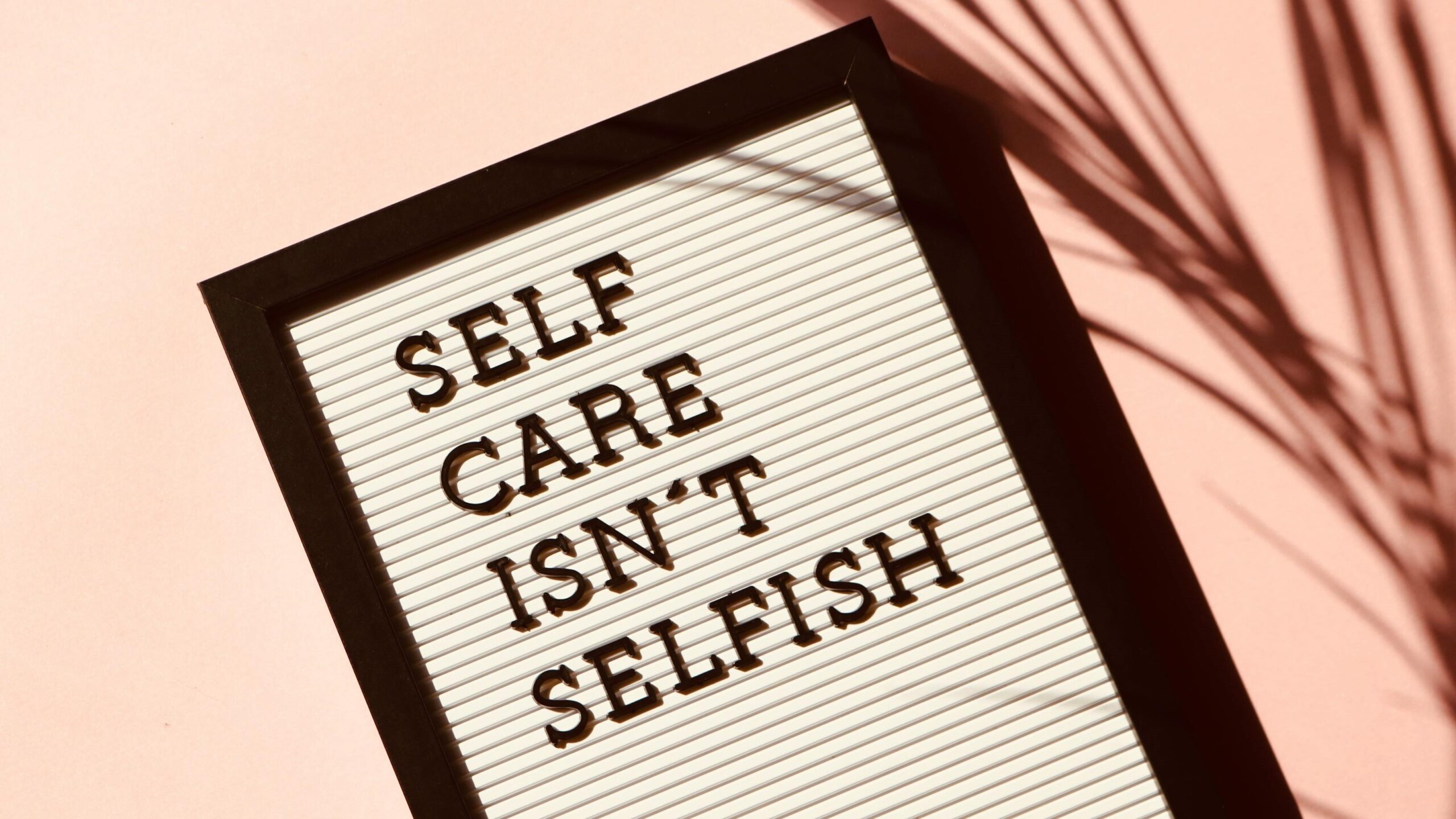Importance of self-care explained with simple daily practices for rest, boundaries, movement, mindfulness, and calm routines you can actually keep.
Introduction
The importance of self-care often becomes clear when life starts feeling too loud. You may still “function,” yet you feel drained inside. Sometimes your body is tired, but your mind keeps running. Other times you feel numb, even when things look fine from the outside.
Self-care is not a luxury. It is a relationship with your own needs. More importantly, it is the quiet way we protect our energy, rebuild emotional stability, and return to ourselves. If you’ve ever felt this way, keep reading — you’re not alone.
Understanding the Concept
Self-care is the practice of taking intentional actions that support your physical, mental, and emotional well-being. However, it is not only “treat yourself” moments. It is also the unglamorous basics. Things like sleep, nourishment, boundaries, and honest rest.
Here’s the thing. Your nervous system learns from your daily patterns. When you constantly push through, your body starts believing urgency is normal. Over time, that can create irritability, low motivation, and emotional reactivity. On the other hand, small consistent acts of care signal safety. And safety makes it easier to think clearly.
In a simple way, self-care is how we stop abandoning ourselves. It is how we practice staying on our own side. Meanwhile, that inner support becomes the foundation for healthier choices everywhere else.
Why It Matters
The importance of self-care becomes even bigger when we understand what stress does to the body. Stress is not only a feeling. It is also a biological process that affects sleep, appetite, focus, and mood.
For example, sleep is a major regulator of emotional balance. Experts recommend most adults sleep around 7 to 9 hours per night, because sleep supports health and daytime function. When sleep is consistently short, many people feel more reactive and overwhelmed. You can explore the research-based guidance here: NIH (NHLBI): How much sleep is enough.
Movement matters, too. In fact, adults are generally recommended to aim for about 150 minutes of moderate activity per week, plus muscle-strengthening on at least two days. Even so, that does not need to be intense to help. A clear overview is available here: CDC: Physical activity guidelines for adults.
Relaxation skills are part of self-care as well. Progressive muscle relaxation is one evidence-based technique that helps the body notice tension and release it. You can read a practical explanation here: American Psychiatric Association: Relaxation techniques.
None of this means food, sleep, or breathing replaces professional support. Still, these basics can support resilience. In the end, self-care is often the difference between “surviving the week” and living it with steadier energy.
Applying It in Daily Life
Think about how this could change your daily routine — even in small ways. Self-care works best when it is realistic. So, instead of chasing a perfect routine, try building a gentle system you can repeat.
1) Prioritize Rest and Sleep
Start with one small sleep habit. For instance, keep a consistent wake-up time. Then protect the last 30 minutes before bed. Meanwhile, reduce bright screens and heavy conversations late at night. Even a calmer “landing” can help.
- Choose a bedtime window you can keep most days.
- Create a simple wind-down ritual (shower, reading, soft lighting).
- Keep your phone away from the pillow if possible.
2) Nourish Your Body Without Perfection
Food affects mood, focus, and energy. However, self-care nutrition is not about strict rules. It is about steadiness. If you want a supportive starting point, you can explore everyday foods that help the body handle stress more smoothly: 10 Foods to Naturally Fight Anxiety and Boost Your Mood.
- Add one “support food” per day (fruit, yogurt, oats, leafy greens).
- Pair protein + fiber when you can, to reduce energy crashes.
- Drink water earlier in the day, not only at night.
3) Make Movement Kind and Consistent
Movement does not have to be intense to count. In fact, a walk can be enough to reset your mind. Additionally, it can improve sleep quality over time. If you need a gentle mindset shift, Harvard Health shares how movement and mindfulness can reduce stress and anxiety: Harvard Health: movement and mindfulness.
- Start with 10 minutes, then build slowly.
- Choose a form of movement you do not dread.
- Let movement be a mood reset, not a punishment.
4) Practice Mindfulness in Micro-Moments
Mindfulness is not only meditation. It is also presence. You can practice it while you drink tea, wash dishes, or walk to your car. Meanwhile, those small pauses train your nervous system to slow down.
- Take three slow breaths before opening an app.
- Eat one meal per day without multitasking.
- Notice your shoulders, jaw, and hands. Then soften them.
5) Use Breathing to Regain Control
Breath is a fast bridge between the mind and the body. When anxiety rises, breathing practices can help you return to the present. If you want a guided entry point, you can use this related article: The Benefits of Conscious Breathing.
- Inhale slowly through your nose for 4 counts.
- Exhale gently for 6 counts.
- Repeat for 1–2 minutes, especially during transitions.
6) Set Boundaries That Protect Your Energy
Boundaries are self-care in action. Yet many of us confuse boundaries with rejection. However, a boundary is simply clarity. It is a way to protect your time, your focus, and your emotional space.
If saying “no” triggers guilt, you may find this helpful: How to Say “No” Without Guilt and Prioritize Yourself More.
- Pause before answering requests.
- Use simple scripts: “I can’t this week, but thank you.”
- Choose one boundary to practice for seven days.
7) Create Joy on Purpose
Self-care is not only recovery. It is also nourishment. Joy is not childish. It is regulation. Meanwhile, when you make room for joy, your brain learns that life is more than tasks.
- Schedule one small joy block each week.
- Return to an old hobby for 20 minutes.
- Do something “unproductive” on purpose.
8) Protect Social Connection
Supportive connection helps us feel safe. For that reason, self-care includes relationships. Still, quality matters more than quantity. Choose the people who leave you feeling more like yourself.
- Send one honest check-in message to a safe person.
- Plan a low-pressure hangout (walk, coffee, short visit).
- Limit time with people who drain you, when possible.
A Simple “Self-Care Menu” You Can Reuse
Ready to give it a try? Here’s where you can start. Pick one from each row, then keep it simple for a week.
- Body: water + protein breakfast, a short walk, earlier bedtime
- Mind: 10 minutes without screens, one journal page, a calming playlist
- Emotions: name your feeling, breathe for 2 minutes, ask for support
- Boundaries: one “no,” one break, one protected hour
Conscious Reflection
Take a deep breath and reflect — what comes up for you right now? Try answering these in a journal. Keep the tone gentle. You are not grading yourself.
- Where do I usually abandon my needs first?
- What is my earliest sign of burnout?
- Which type of self-care feels easiest for me today?
- What boundary would protect my peace this week?
- If my friend felt like I do, what would I tell them?
If you want to deepen reflection without pressure, a digital reset can help you hear yourself again: How to Do a Digital Detox and Live More Mindfully.
Final Thoughts and Encouragement
The importance of self-care is not about becoming a “better” person. It is about becoming a more supported person. Self-care is how you build a life that does not constantly cost you your health.
Start small. Stay consistent. Meanwhile, let your routine be a form of kindness, not control. Your journey starts with one mindful decision — why not begin today?

